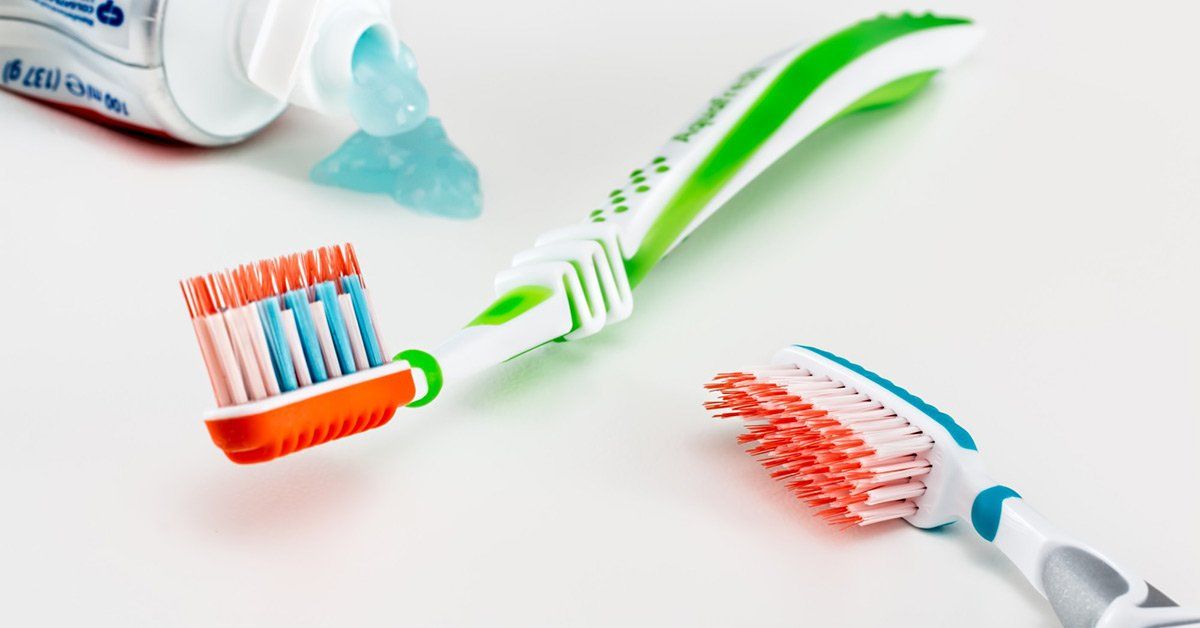10 Essential Tips for Everyday Dental Hygiene
Great dental hygiene doesn't stop at simply brushing your teeth twice a day. Learn all the necessary steps for a perfect smile with these tips.
Afraid of getting tooth cavities?
You’re not the only one. In fact, 31.6% of adults aged 20-44 have untreated dental issues in the United States.
If you want to avoid this and maintain great dental hygiene, you need to start paying attention to both your teeth and gums. That’s why you should read this guide on which habits to develop to prevent gum disease.
Are you ready to know how to improve your dental health? Read on and find out more today.
Top 10 Tips to Improve Your Dental Hygiene
Brushing your teeth alone doesn’t guarantee complete dental attention. Even a regular routine can leave some gaps if you do some bad habits with your brushing time. That’s why you need to understand the proper brushing techniques to cover all basis.
Here are the tips you need to make your dental hygiene better:
1. Use the Proper Brushing Technique
Using a quick wash using your bristles isn’t enough. It will leave some leftover food particles unless you use the right brushing technique. According to the American Dental Association , you need to start brushing at a 45-degree angle to your gums.
Make use of short back and forth strokes across your teeth’s sides and tops. Use the brush vertically and make shorter strokes. Focus on your front anterior teeth’s back since plaque often builds up there.
2. Brush Enough
A lot of people brush on a regular basis. But the problem starts when you don’t brush enough to ensure that your teeth stay clean. The ADA’s recommended brushing time is at least two minutes, two times a day.
3. Pick the Right Brush
The right brush will help you get better teeth since you can brush hard-to-reach teeth areas. Use one that has a small head and bristles. It will reach into the crevices of your molars, where most food particles get stuck.
4. Look for the ADA Seal of Approval
Toothpaste isn’t created to be equal. To make the most out of your brush, you need to find the ADA seal. This means your toothpaste met the strict regulations regarding manufacturing, promising an effective clean.
ADA-approved toothpaste gives a dosage of fluoride that’s acceptable to both children and adults. It’s a guarantee that you’ll get a safe and thorough brush.
5. Do Proper Flossing
You need to do flossing right, to ensure that you get the germs stuck in between your teeth. In ideal situations, you need at least 18” of floss to use a fresh area every few teeth. That way, you can floss without worrying about the bacteria you removed beforehand.
A proper floss should rub against the teeth, creating a “C” shape motion. Make sure that the floss gets wrapped around each tooth.
6. Use Good Mouthwash
These products can help you reach the areas where both toothbrushes and flosses can’t enter. This ensures that you remove the food debris that causes gingivitis by irritating the gumline.
Add the mouthwash to the list of your oral healthcare products. That way, you maximize your tooth-cleaning regimen. It doesn’t matter whether you’re on the move.
7. Clean Your Brush on a Regular Basis
There’s no excuse since you don’t need special equipment and cover to keep the brush clean. The ADA warns that covering the toothbrush cultivates new bacteria that you’ll get inside your mouth. That’s why it’s more important to rinse the brush and allow the air to dry it after.
8. Change Your Brush
The bristles of your brush will deteriorate the more you use it. That’s why you might not get the best clean if you use the same toothbrush for more than a few months. With that, you need to replace your toothbrush on a regular basis.
The general guideline is to get a new brush every 3-4 months. If you don’t have a lot of time, you can always replace it at your semiannual dental checkup. That ensures your teeth stay clean.
9. Use Tongue Scrapers
There are some brands of toothbrush that come with a ridged tongue scraper. More often than not, it’s located at the back of the brush. Make good use of it since bacteria can still persist on the tongue even while you brush.
Make it a habit to brush or scrape your tongue whenever you do your daily oral care routine. It will help make the bacteria go away. What’s more, is that you can make your breath fresher and smell better.
10. Stop Snacking All the Time
Are you the type of person that hungers for a midnight snack? If so, make sure to brush again afterward. If you don’t brush every after meal, food particles and sugar will stay on your teeth.
Allowing the food debris to stay for too long makes the bacteria feed on it. If you maintain this bad habit for a long period of time, you will develop cavities. That’s why you should lessen or eliminate midnight snacks to prevent tooth decay.
BONUS: Block Blows to the Teeth
Sports and other physical activities will help build your body, but it might threaten your teeth. That’s why it’s important to wear mouth guards no matter what activity you’re engaging.
Go to your dentist and start asking for a custom-fitted mouth guard for your needs. Another option is to get a generic mouth guard on a store that sells sporting goods. If you choose the latter, soften it using hot water—it helps form fit your mouth.
Practice Better Dental Hygiene Today!
There are only a few mouth and gum diseases that you can’t prevent with proper dental hygiene. That’s why you need to set aside a few minutes each day to improve your teeth with brushing and flossing. It isn’t a lot of effort for the lifetime benefit it gives—healthy teeth and gums.
Do you need to make your dental health better? If so, you can contact us today and we’ll help you with a consultation.



